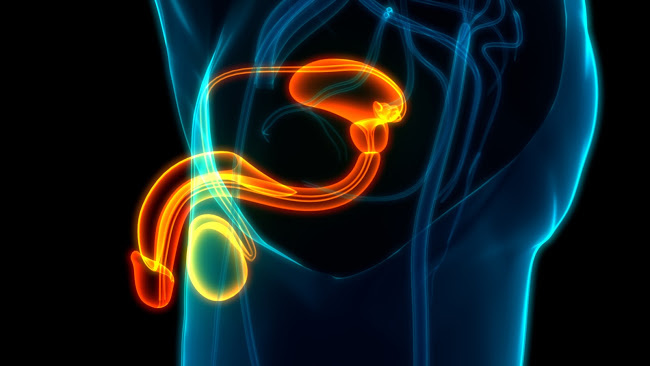
What Is a Sex Headache?

A sex headache (also known as an orgasmic headache, benign sexual headache, coital headache, or intercourse headache) is a headache that is related to sexual activity.
Specifically, the International Classification of Headache Disorders from 2013 (ICHD-3) defines primary headache associated with sexual activity (PHASA) as “pain in the head or neck brought on by and occurring only during sexual activity, either increasing during sexual excitement or starting abruptly and intensely before or at the time of orgasm, lasting from 1 minute to 72 hours and not being accounted for by another ICHD-3 diagnosis” (Nascimento, 2018).
In order to be classified as PHASA by the ICHD-3, an individual must experience at least two episodes, and the headache cannot be related to phosphodiesterase type 5 (PDE5) inhibitors (erectile dysfunction medications) or other drugs or substances. This definition also excludes other types of headaches that may at times be triggered by sexual activity, but not always (e.g., migraines that are triggered by sexual activity).
Sex headaches are relatively uncommon, especially when compared to other sexual issues like erectile dysfunction. The prevalence of PHASA is estimated to be about 1%, although this number could be low because sexual concerns are often underreported.
PHASA is a condition that affects both men and women but occurs about four times more frequently in men. Although it can occur in sexually active adults of any age, it often affects those between the ages of 20-24 years and 35-44 years.
About 40% of individuals with PHASA experience recurring episodes for a year or longer. Fortunately, however, PHASA often goes away on its own, and sex headaches have a remission rate of about 70% over the course of 3 years.
Nevertheless, it is very important to speak with a health care professional if you are experiencing headaches during sexual activity as it may be a sign of a more serious health condition. A knowledgeable provider can rule out other potentially severe conditions, such as subarachnoid hemorrhage (SAH), through a physical and neurologic examination.
Research on PHASA treatment options is somewhat limited, but there are medications that can help reduce the symptoms. In particular, a nonsteroidal anti-inflammatory drug (NSAID) called indomethacin has demonstrated good results in acute and preemptive treatment of PHASA. Triptans, which are used to treat migraines, are also an effective treatment option for sex headaches. Finally, for patients with chronic cases of PHASA and less predictable sexual activity, a preventative measure of daily β-blockers over the course of 2-6 months can be an effective treatment strategy.
Resources:
- Nascimento, B., & Mulhall, J.P. (2018). Sexual Headache. The Journal of Sexual Medicine, 15(12), 1663-1666. DOI: https://doi.org/10.1016/j.jsxm.2018.09.018.





